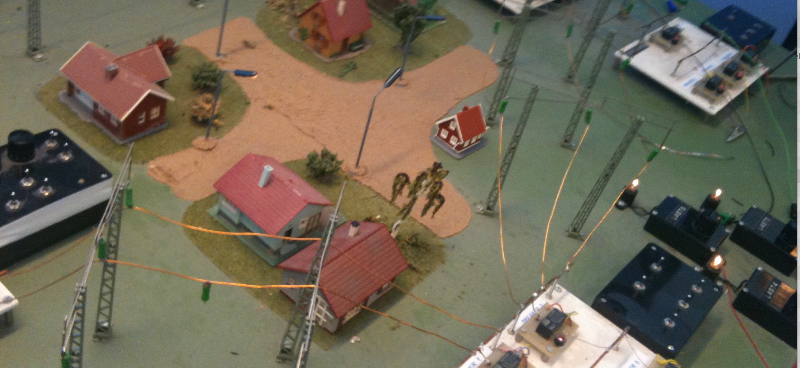Modern electric power system with a large amount of power generation that comes from varying renewable sources such as wind and solar set new requirements on control and supervision to maintain operational reliability. The course is based on the different operation states in an electric power system and how frequency -, and voltage control are used to ensure the operational reliability. Here, particularly emphasis is on how electric power systems with large amount of renewable generation puts demands on ancillary services for maintained operational reliability and how such support services can be implemented. This constitutes the first module of the course.
Thereafter, based on these fundamental control functions, functions in local control systems such as protection, voltage adjustment and automation discussed both regarding the function of the control systems and their communication and information exchange. Finally, in the third course module, the central control systems for operation supervision and central control that is used system wide over the whole electric power system is treated. Here, a shorter item on cybersecurity is also included.
